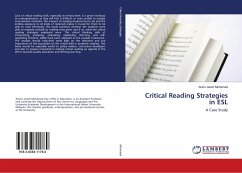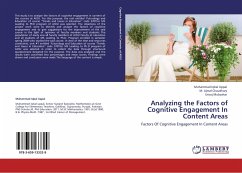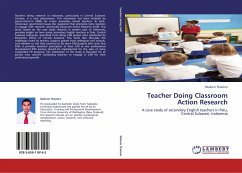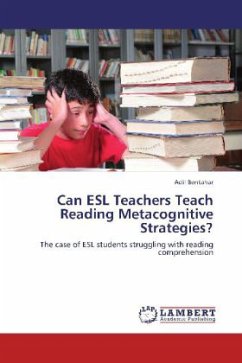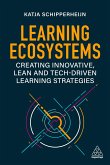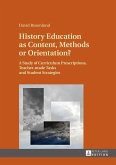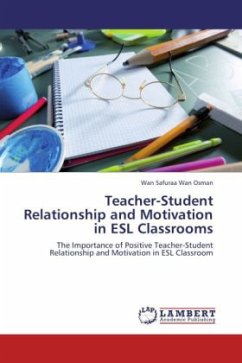Lack of critical reading skills, especially at tertiary level, is a great handicap to undergraduates, as they will find it difficult, or even unable to analyse and evaluate materials. The amount of reading students has to do and the endless exposure to all kinds of materials makes it crucial for them to be able to read effectively. This study examines whether the students were able to respond critically to reading texts given and if so, what the critical reading strategies employed were. The critical thinking skills of interpreting, analyzing, evaluating, explaining, inferring, and self-regulating (Facione, 2004) have been adopted as the analysis framework. The analysis should help shed some light on the relevance and the importance of the acquisition of the critical skills in academic reading. This book would be especially useful to policy makers, curriculum developers and also to anyone interested in making critical reading an agenda in the effort towards quality education and life-long learning.
Bitte wählen Sie Ihr Anliegen aus.
Rechnungen
Retourenschein anfordern
Bestellstatus
Storno

